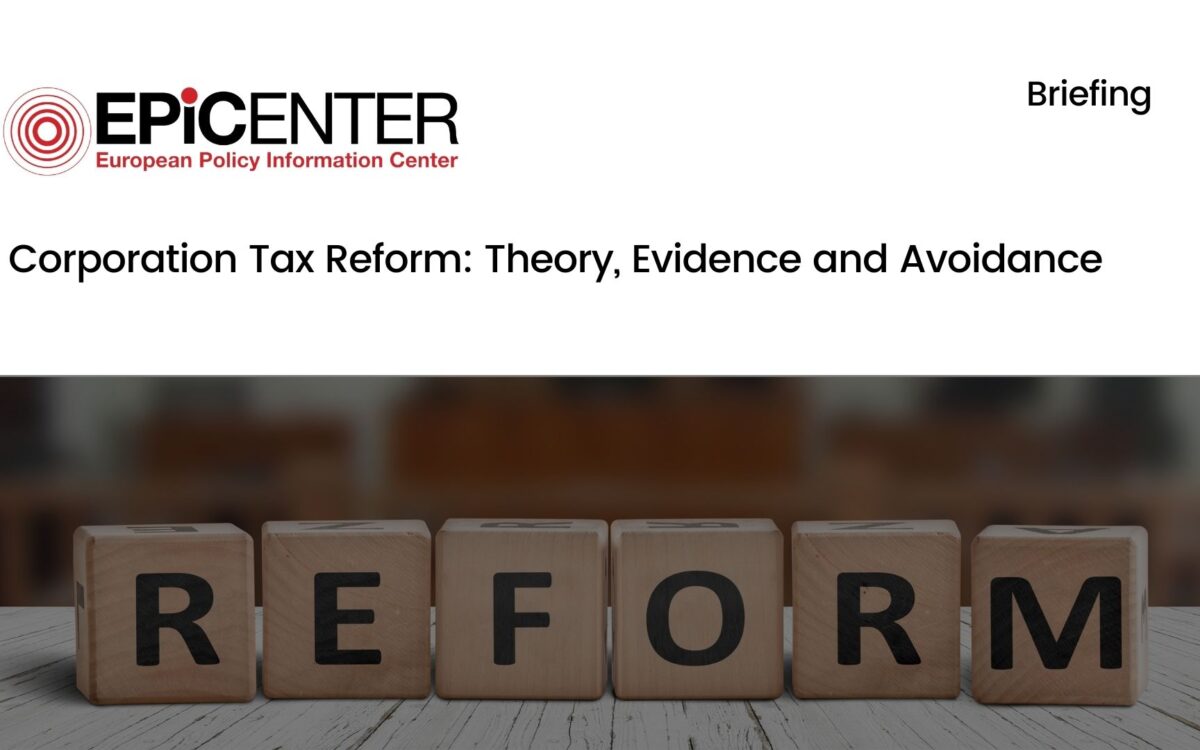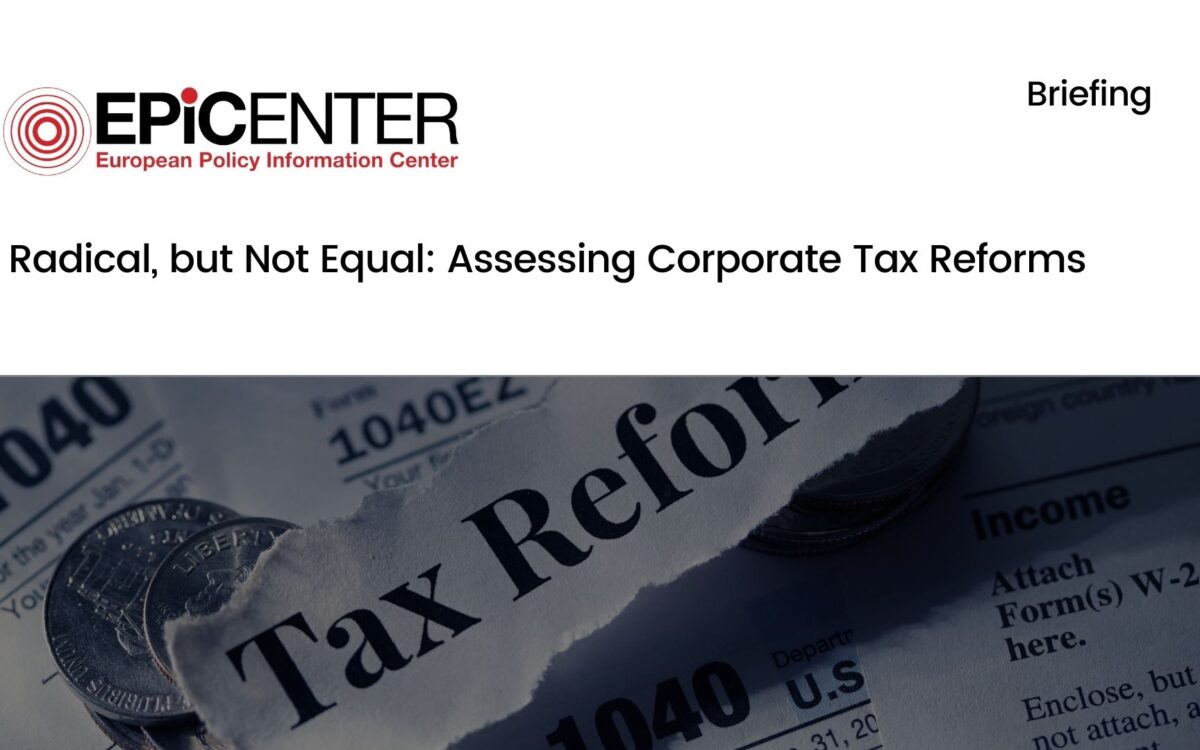July 1, 2016
There are efforts at national, EU and international levels to put forward significant reforms to the corporate tax system. The 20th century model of profits taxation is no longer fit for purpose in a globalised world where highly mobile intangible and financial capital is gaining in importance.








